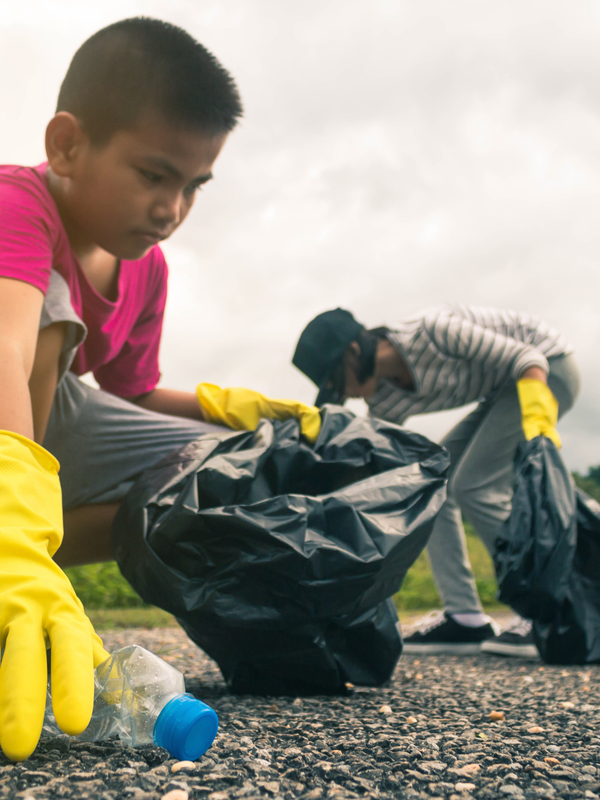|
Are you fostering effective global citizenship in your students?
Cultured Kids believes there are three criteria to effective global citizenship:
If these key criteria are the identifiable characteristics for an effective global citizen, what are the elements needed to achieve them? I. Identity Development
Identity is a complex topic. There are many facets to our identity and certainly not enough time in the school day, or year, to explore them. But, there are ways to support student identity development without having to dig into the complexities. Cultured Kids creates programs that will help students answer this question: Who Am I?
A recent article: Help Me Discover Who I Am, shares our approach to support identity development. Our primary goal is to increase learner self-curiosity! Our Art & Storytelling Book Club Curriculum provides a fun and engaging environment for learners to explore their identity and increase their sense of belonging. Ultimately, we are interested in finding some foundational aspects of their identity to serve as a foundation while they continue to explore the fixed and fluid aspects of who they are over time. We are intent on developing a level of self-interest and self-curiosity to encourage lifelong learning about themselves. We consider identity development the first step toward effective global citizenship. Without a true understanding of self you can still impact this world in a positive way, but we would argue, you will not be as effective and your impact not as grand. II. Empathy
The understanding and practice of empathy are necessary for effective collaboration and execution.
In 2012, Amos Winter, a mechanical engineering student at MIT, presented at TEDx Boston. In a short presentation Amos shared the impact of his Leveraged Freedom Chair (LFC). Empathy was the driving force behind this new innovation. By putting himself into the shoes of his target audience – wheelchair bound residents in rural Tanzania - he was able to create a functional, repairable, and affordable final product. Empathy was also a key component to stakeholder collaboration. Amos could safely persevere through multiple iterations with colleagues, wheelchair users in Tanzania, local repair shops in Tanzania, and corporate partnerships, before reaching his final product. Our learners have the potential to create a positive impact in this world right now. But, the effectiveness of their impact will depend on the level of empathy they provide one another. Sharing and executing new ideas requires vulnerability. If this vulnerability is not met with empathy, their potential will be disrupted. Effective global citizenship will capitalize on learners’ individual strengths, but it will also challenge weaknesses. The willingness to accept personal discomfort for the sake of their impact will determine the level of effectiveness they will have in this world. III. Belonging
How do you create an environment where students willingly choose discomfort for the sake of impact?
You create a culture of belonging! We define belonging as a learners ability to know and safely share their authentic self with others. If they know who they are (identity) and can safely share with others (accomplished with empathy), then they will be more likely to share challenges, ask for help, or learn a new skill. In addition, learners’ sense of belonging will expand their pool of collaborators, empower them to move forward, and remind them that their peer connections are not dependent on their success. In a recent article: How To Bolster Belonging At Your School, writer Lindsay Lyons shares why belonging is so important and offers some practical ways to support your learners. Personal Example
My own belonging journey has contributed to the passion I have for supporting student belonging. I know first-hand the challenges a child will face if they are unsure of who they are or where they fit in. I feel fortunate, as an adult, to have accepted the opportunity to explore who I am and to bravely share my true self with others.
While I still struggle with this sense of belonging, I am confident enough to lean into the discomfort personal and professional growth offers. Cultured Kids would not be here without them. I am certain I have had to endure more suffering to refine those areas of growth in my life, than enjoy the comfort of utilizing my existing strengths. Effective global citizenship can be exhausting, disheartening, and at times, debilitating. However, as learners persevere through the challenges effective global citizenship offers, their identity, their community, and their impact will grow stronger. As we continue to develop new programs, we will be considering the value self-awareness, self-confidence, and empathy have on our future leaders to be effective global citizens.
0 Comments
Leave a Reply. |
�
Categories
All
Archives
September 2023
|
Follow Us
© Cultured Kids Inc.

